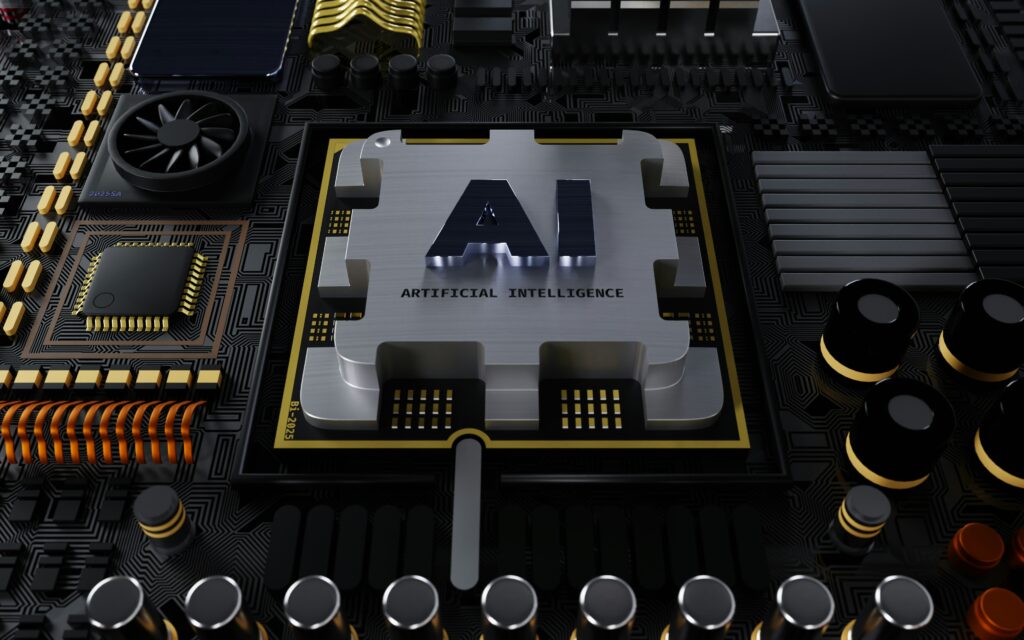The landscape of global industries is undergoing a profound transformation, spearheaded by the astonishing advancements in Generative Artificial Intelligence. What was once the realm of science fiction is now a practical tool, empowering businesses to achieve efficiencies and innovations previously unimaginable. From automating creative tasks to revolutionizing complex data analysis, Generative AI is no longer a distant future but a present reality that is actively reshaping how we work, produce, and innovate.
The Latest Wave of Innovation: Unveiling Generative AI’s Power
Recent breakthroughs, particularly over the past 18-24 months, have propelled Generative AI into the mainstream consciousness. Large Language Models (LLMs) like OpenAI’s GPT series and Google’s Gemini, alongside advanced image generators such as Midjourney and Stable Diffusion, have showcased the technology’s incredible capabilities. These systems can generate human-like text, create stunning visuals, compose music, and even write code, demonstrating an intelligent system’s ability to augment human creativity and productivity. Enterprises are rapidly adopting these tools, integrating them into customer service, marketing, product development, and software engineering pipelines. This swift integration highlights a critical turning point in how industries approach digital transformation.
Data-Driven Insights: Generative AI’s Economic Impact
The economic potential of Generative AI is immense, with leading research firms painting a clear picture of its impending impact. According to a recent report from McKinsey & Company, Generative AI could add trillions of dollars in value to the global economy annually, primarily by boosting productivity across various sectors. The report estimates that the technology could automate 60-70% of current work activities, creating new jobs and entirely new industries in the process. This isn’t merely about incremental improvements; it’s about a fundamental shift in the cost and speed of innovation. Companies investing heavily in AI infrastructure and talent are already reporting significant gains in operational efficiency and market responsiveness, signaling a competitive advantage for early adopters.
Transformative Impact Across Key Industries
Healthcare & Life Sciences
In healthcare, Generative AI is accelerating drug discovery, designing personalized treatment plans, and improving diagnostic accuracy. Intelligent systems can analyze vast datasets of patient information, genomic sequences, and scientific literature to identify novel compounds or predict disease progression with unprecedented precision. This not only speeds up the research and development cycle but also promises more effective, tailored patient care.
Manufacturing & Supply Chain
For manufacturing, Generative AI is revolutionizing product design, optimizing production processes, and enhancing supply chain resilience. AI can generate thousands of design iterations for new products, predict equipment failures through predictive maintenance, and dynamically re-route supply chains in response to disruptions. This leads to reduced waste, increased efficiency, and greater adaptability in complex global operations.
Creative & Marketing Industries
The creative sector is perhaps one of the most visibly impacted. Generative AI tools empower marketers to create highly personalized campaigns, graphic designers to rapidly prototype concepts, and content creators to generate text, images, and videos at scale. This allows for greater experimentation, faster content cycles, and hyper-targeted audience engagement, fundamentally changing how creative work is produced and consumed.
Financial Services
In finance, intelligent systems are being deployed for advanced fraud detection, algorithmic trading strategies, and personalized financial advisory services. By analyzing market trends and customer behavior with unparalleled speed, Generative AI helps institutions identify risks, optimize investments, and offer bespoke financial products, enhancing security and profitability.
The Future Outlook: Predictions and Expert Opinions
Looking ahead, experts predict that Generative AI will continue its exponential growth, becoming an indispensable part of almost every business function. The focus will shift towards developing more specialized and multimodal AI models that can handle diverse data types (text, image, audio, video) seamlessly. Ethical considerations, data privacy, and the need for robust AI governance frameworks will also take center stage as the technology becomes more pervasive. The challenge will be to harness its power responsibly, ensuring that these intelligent systems augment human capabilities rather than replace them entirely. The emphasis will be on upskilling the workforce to collaborate effectively with AI, leading to new roles focused on AI supervision, prompt engineering, and ethical AI development.
As we navigate this exciting new frontier, the integration of Generative AI will continue to demand careful consideration and strategic planning. Businesses that embrace these changes, focusing on responsible implementation and continuous learning, will be best positioned to thrive in the future economy. For more insights into how AI is shaping various industries, consider exploring the ethical dilemmas of AI development.
In conclusion, Generative AI is not merely an incremental technological advancement; it is a foundational shift. Its capacity to innovate, optimize, and create is redefining what’s possible across a multitude of industries, marking it as a true game-changer that will shape the global economy for decades to come.

